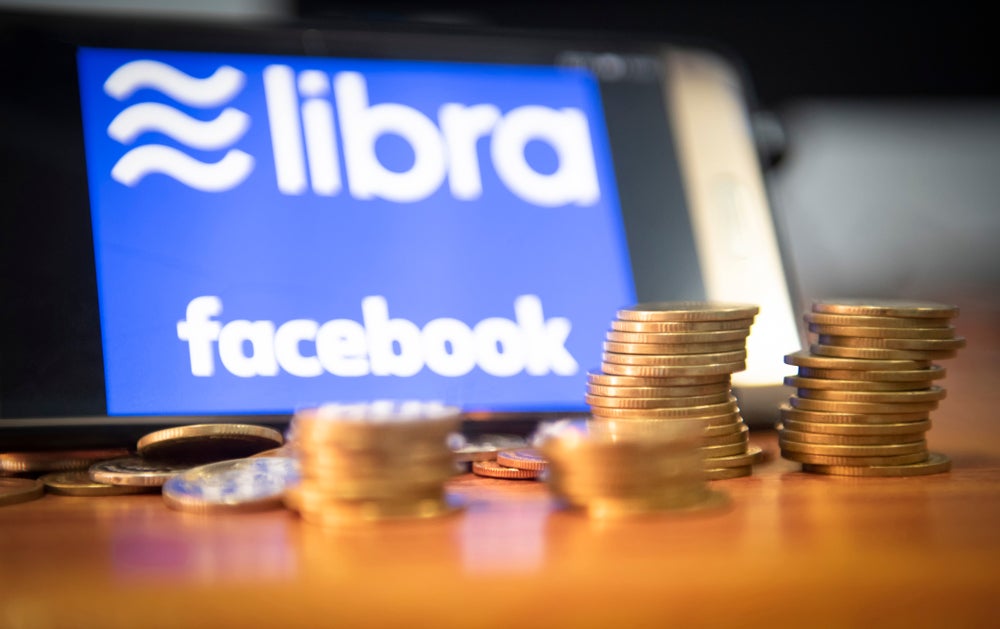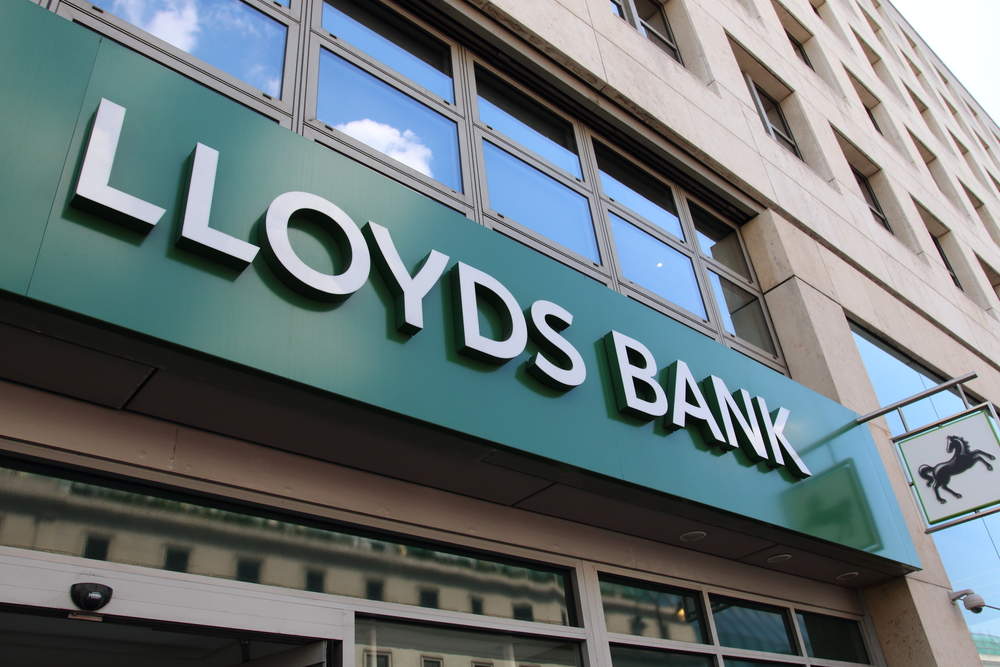
Ahmed Ismail and Christopher Flinos, co-founders of HAYVN, explain why Facebook’s Libra coin could change the cryptocurrency asset class-at-large.
Just months after the launch of the Libra project, the doomsayers are already reading the rites on Facebook’s cryptocurrency project. Partners are already said to be wavering in their support, spooked by a potential regulatory crackdown in the EU and US.
Critics say the project threatens the sovereignty of nation states by neutering traditional monetary control. Whether it succeeds or fails we would argue that Libra has already achieved an enormous amount by dragging the world of cryptocurrencies from the fringes of acceptability slap bang into the mainstream.
At a minimum, the launch of Libra promises a world where high capacity, low cost, frictionless transactions on coin-based platforms become available to billions of people, ushering in a new and easier way of conducting financial transactions globally. And what better proponent, platform and catalyst for this than a social network with 2.4 billion engaged users.
If Facebook users find it easier to use Libra than, say, their own national currency, those fears about governments ceding control of monetary policy and systems won’t sound so farfetched. Is that such a bad thing?
The limitations of fiat currencies and the monetary policies that sustain them are becoming ever clearer. Bank of England Governor Mark Carney was recently on record for arguing that the US dollar had reached a level of dominance as the world’s reserve currency that was a barrier to world trade. He said it could be replaced by a more effective, global, digital alternative. That may not be Libra, but if the project has got us talking about the inefficiencies of dollar dominance, and how to fix them, that can only be a good thing.
How well do you really know your competitors?
Access the most comprehensive Company Profiles on the market, powered by GlobalData. Save hours of research. Gain competitive edge.

Thank you!
Your download email will arrive shortly
Not ready to buy yet? Download a free sample
We are confident about the unique quality of our Company Profiles. However, we want you to make the most beneficial decision for your business, so we offer a free sample that you can download by submitting the below form
By GlobalDataOf course, Libra also offers Facebook some instant benefits. Facebook currently has to use SWIFT, the world’s dominant payments network, to clear and settle transactions, and it is estimated that the company currently loses more than 10% of its advertising revenues to payment intermediaries. If Libra can secure direct accessibility to central banks and their fractional reserves, and the Bank of England for one has already made promising sounds around this, then it will no longer need to use SWIFT. This will revolutionise the payments industry and pave the way for big tech to bypass SWIFT altogether and the mega banks that effectively control it.
And by big tech we mean not just Facebook but also the likes of Apple, Amazon, Google (some of the so-called ‘FAANG’ stocks) and others. If they can get to keep more of their revenues from bypassing traditional, stolid payments infrastructure, they certainly will.
Therefore, if Libra succeeds, expect other big tech firms to think about launching their own cryptocurriencies soon. There are other strong reasons for doing so. At the back of their minds is also the question of how to compete effectively with the likes of Tencent and Alipay, China’s payments giants whose experience and scale are arguably far ahead of their Western counterparts when it comes to digital payments.
In summary, no matter how you analyse it, we believe that end-users are bound to see a dramatic increase in the use, comfort and utility of digitalized currencies. The direction of travel is firmly towards frictionless, digital, coin-based, decentralized value exchanges. Regulators and politicians will have no alternative but to respond quickly, prompted by the speed, scale and ambition of Libra.
So far so, good for consumers. But what does all this mean for the wider crypto asset class? This is where it gets really interesting. We believe these developments will spur robust regulation that will enable many more institutional investors to express an investment view on cryptocurrencies as an asset class.
Veteran hedge fund investor Alan Howard recently announced the launch of a $1 billion crypto fund. China’s central bank has announced plans for a digital currency. Investment views on various coins are sharpening, more and more investors are making their voices heard about the role of crypto in tomorrow’s asset allocation, and with the right regulation in place, investors will want to put money to work to back up their views. Finally, our emerging asset class will grow up and take its place as a small but necessary component within any asset portfolio.







